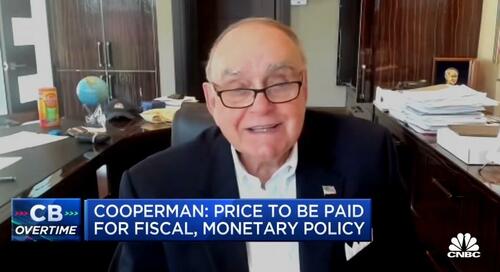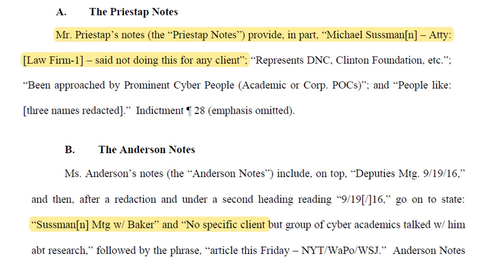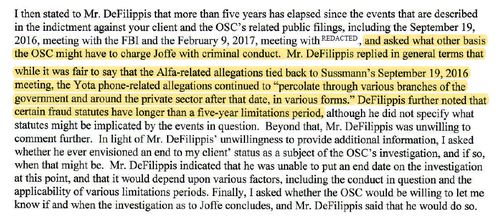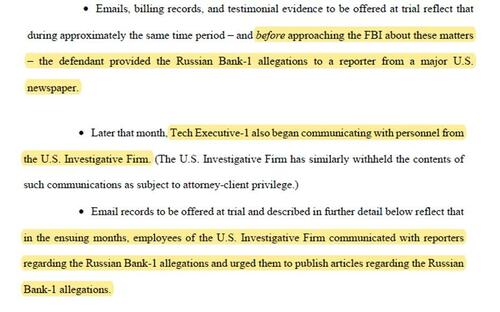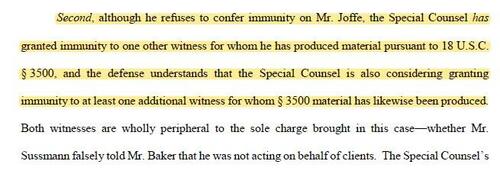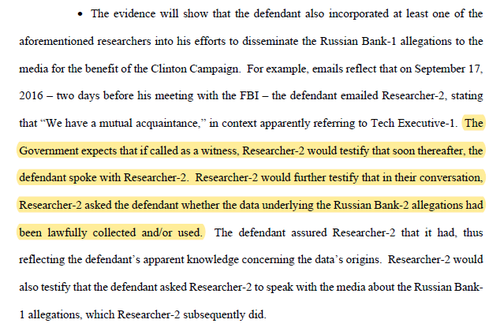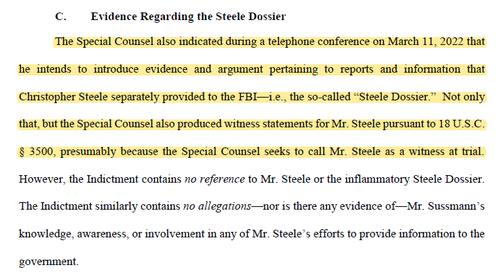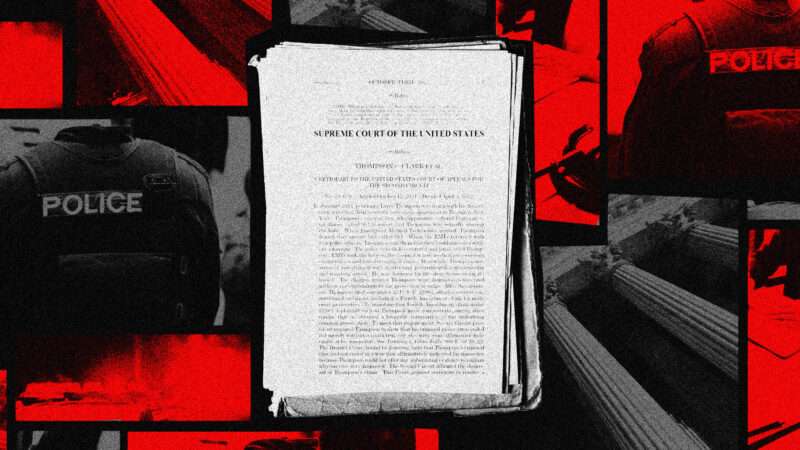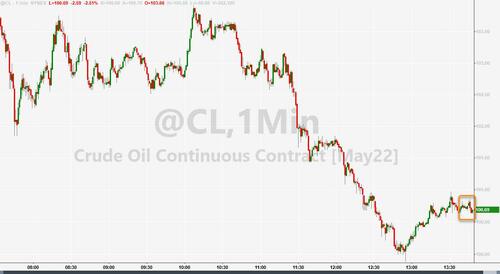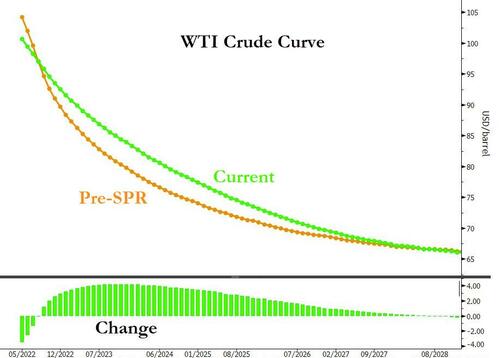“The Market Has A Lot Of Room For Downside” – Leon Cooperman Sees Recession Arriving In 2023
Move over Carl Icahn: Omega Advisors founder and chairman Leon Cooperman is officially jockeying for the position of Wall Street’s most vocal bear.
Just hours after Deutsche Bank became the first bulge-bracket constituent to call for a recession in the wake of last week’s yield curve inversion (to be sure, DB doesn’t see the recession arriving until next year), CNBC’s “Closing Bell” invited Cooperman to share his view on the market and the US economy.
It sounded like Cooperman took his hosts by surprise as the steadfast bull sounded surprisingly bearish.
Between the elevated price of oil, and the Fed’s aggressive quantitative tightening (Lael Brainard officially came out as an ‘uber-hawk’ earlier today), risks to the economy – and the market – abound.
While stocks have recovered from their early-year selloff, Cooperman said the market has “a lot of room to the downside”, and even compared the setup for contemporary markets to the period between the late 1960s and 1980s when stagflation drove the US equity market into a decade-long secular bear market.
Although he had been “fully invested” in stocks as recently as last year, he fears the underlying economic outlook has changed dramatically.
“Things have changed. We have accelerating and problematic inflation, and a point I made previously…inflation historically has been a friend of common stocks…but inflation becomes a problem when the Fed moves to curb inflation, because curbing inflation is tantamount to curbing growth.”
“The market has a lot of room for downside.”
“The market has a lot of room for downside,” says Leon Cooperman. pic.twitter.com/BQo3kHu5BW
— CNBCOvertime (@CNBCOvertime) April 5, 2022
As for the timing of the recession on the horizon, Cooperman appeared to side with DB, which called for a recession in 2023.
“I don’t think we will have a recession in 2022, but I could see us having a recession in 2023.
To be sure, Cooperman said he remains heavily invested in stocks despite the deteriorating macro environment. However, he has recently invested in more hedges, including writing options against his Google, Microsoft and Amazon shares.
Cooperman said he now favors the energy sector, which now comprises 20% of his portfolio. For this position to be a success, Coop explained that commodity prices “[don’t] have to go up, it just has to stay here.”
20% of Leon Cooperman’s portfolio is in energy. Is this a bet on a rise in commodities?
“It doesn’t have to go up, it just has to stay here,” he says. “When I look at the individual holdings we have, they look extremely cheap.” pic.twitter.com/sGAXnkYQo7
— CNBCOvertime (@CNBCOvertime) April 5, 2022
He also offered a pithy word of advice for traders: “In a bear market, he who loses least, wins.”
After sharing his outlook on markets, Cooperman briefly shifted the conversation to politics, where he offered a wheedling joke at the left’s (and his wife’s) expense. “My wife listens to CNN and MSNBC all day long. I tell her you’re a socialist cause you’re married to a capitalist”.
Cooperman: “My wife listens to CNN and MSNBC all day long. I tell her you’re a socialist cause you’re married to a capitalist”
— zerohedge (@zerohedge) April 5, 2022
Indeed, socialism is a luxury that many non-capitalists simply can’t afford.
Tyler Durden
Tue, 04/05/2022 – 18:00
via ZeroHedge News https://ift.tt/bcnOJk9 Tyler Durden
